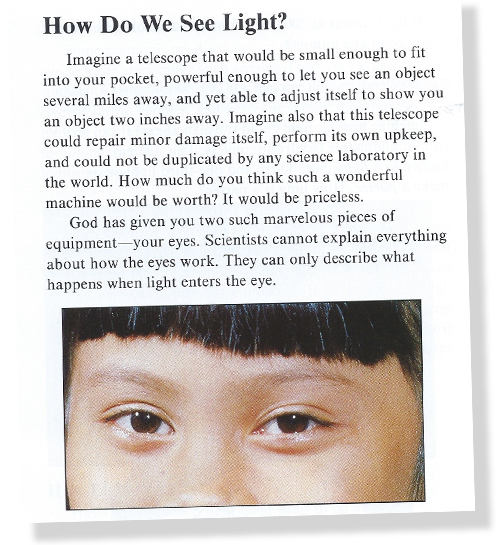mollwollfumble said:
The Rev Dodgson said:
mollwollfumble said:
When I attended the skeptics conference, I noticed something just slightly off.
This qualm has now crystallised. It can be expressed as follows.
Skeptic :- question the majority opinion.
Skeptics organizations :- reject anything and everything that questions the majority opinion.
So skeptics organizations are anti-skeptic?
—-
Here are some of the things that skeptics organizations reject that were specifically mentioned at the conference.
Quack medicine
Mysticism
Witchcraft
Von Danikan
UFOs
Climate skeptics
Anti-vaxxers
And here is what they supported:
Humanist, rationalist, atheist etc.
But the groups you list are not skeptics. They are pseudo-skeptics, precisely because they totally ignore all evidence against the positions they support, and accept without question any evidence that appears to support their position.
But I doubt that any of those groups represent a majority opinion.
Your understanding is back to front.
> pseudo-skeptics
Those are the ones that are rejected. They are all minority opinions. Minority opinions are always rejected.
> they totally ignore all evidence against the positions they support, and accept without question any evidence that appears to support their position.
I’ve found that this is also true of the skeptics organisations.
They, too, totally ignore all evidence against the positions they support, and accept without question any evidence that appears to support their position.
That’s the problem.
To put it another way, given the scientific method of hypothesis-testing-confirmation.
Skeptics organisations immediately reject all hypotheses that don’t support their opinion without testing.
Well I disagree.
It is of course true that everybody (or near enough everybody anyway) accepts evidence they want to believe too readily, and rejects evidence they don’t want to believe without sufficient consideration of whether it might be true, but it is nonsense to suggest that true skeptics are just like pseudo-skeptics in this respect.
There is a spectrum, with true skeptics reasonably close to one end, and the pseudo-skeptics as close to the other end as it is possible to get.
And the other problem is that the skeptical mode appropriate for science is often applied to engineering questions, where it is totally inappropriate.
For engineering questions you have to consider the consequences of a hypothesis being correct, even if it is unlikely.
And that’s not just opinion, that’s the law (at least in Australia).


